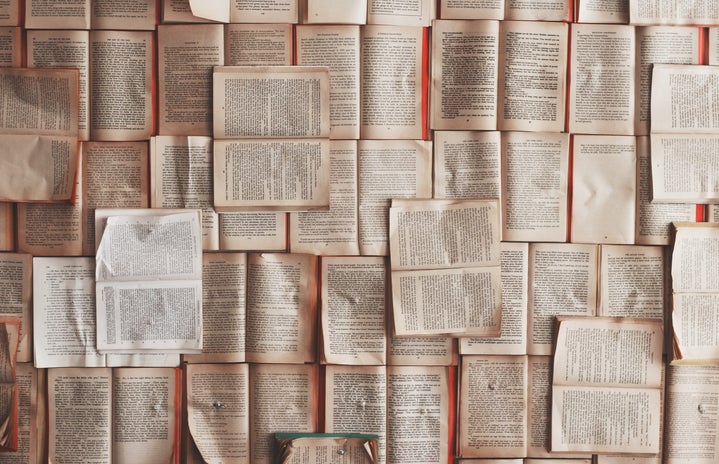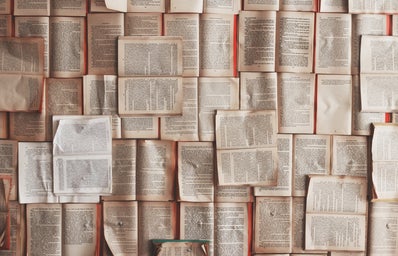Indigenous history has been an area of awkward neglect for decades, partially due to the shame surrounding the topic and partially due to the ‘lack of relevance’ it has to the British curriculum. However, it is important that we educate ourselves on Indigenous history, particularly the devastating consequences on these tribes due to interference from the rest of Canada. Therefore, as Canada Day was just recently celebrated, it is vital that we speak on these issues, especially the emotional and psychological damage caused by the somewhat ‘erased’ but abusive residential schools for First Nation children.
Residential schools, by its very definition, were government-supported boarding schools for Inuit children and other indigenous communities in Canada. These schools forced children from ages 4 to 18 to leave their tribes and learn to assimilate into nonindigenous Canada, and in turn robbed them off their identity and connection they had with their culture. Alongside that, a plethora of abuse stemmed from these schools, leaving the survivors affected by trauma and confusion over their identities. These schools, whilst presented to the world as safe and educational places, hid unbelievable amounts of abuse. From exposure to diseases such as tuberculosis and being utilised for scientific experiments to sexual and physical abuse, residential schools enabled the inflicting of a lot of unnecessary pain upon indigenous communities.
However, an important factor to consider in this issue of the mistreatment of First Nation people is evident in the recent news of 182 unmarked graves in a former residential school in British Columbia. These 182 unmarked graves only added to the thousands of unmarked graves of residential school students all over the country. The families and communities of the deceased have been left without justice, and without any form of viable response for the abuse their children experienced, for years up until the closure of the last residential school in 1996. Despite an official apology only made recently by Justin Trudeau, these communities have been left unacknowledged and ridden with trauma for years, and we as young people have the ability now to learn from the mistakes of the past and aid these tribes in their efforts to heal.
It’s hard now to think of anything we can do about these unerasable horrors faced by hundreds of thousands Indigenous people all over Canada. The trauma of these places have led to some of the highest suicide rates, alcoholism rates and depression rates in all of Canada, creating a harsh perception on these First Nation tribes from the rest of the world. However, there is actually plenty we can do to educate ourselves and offer help to those still struggling with the aftermath of Residential schools. In order to educate ourselves, we must, at the very least, acknowledge the damage experienced by these communities, understand the wrongdoings and try our hardest as the younger generation to never repeat the same mistakes. The issue of cultural assimilation within First Nation communities is still a prevalent matter to this day, and therefore it is extremely crucial that the celebration and understanding of Indigenous culture and lifestyle is encouraged and grows more prominent in Western society.
Truthfully speaking, we mustn’t just do the very least, but the very most we can to help these communities in their ongoing process to heal. After over a century since the first Residential school, it urges us to comprehend that the hurt felt in these communities will most likely be ongoing for a really long time and remain deeply rooted in the dark history of Canada. It then provides us young people with the ability to voice our opinions, to open ourselves up to a more tolerant world, where every culture is valued, respected, celebrated and appreciated.
Here are some sources if you wish to learn about Canadian First Nation People, their story and history, including charities, books and films:
Indian Residential School Survivors Society (Charity) Legacy of Hope Foundation (Charity)
True North Aid (Charity)
The Inconvenient Indian – Thomas King (Book)
They Called Me Number One – Bev Sellar (Book)
The Indian Horse – Richard Wagamese (Book)
The Body Remembers When The World Broke Open (Movie)
Angry Inuk (Movie)
Canada has lost its Halo (Article)
Written by: Maya Bhogal
Edited by: Harsheni Maniarasan

